The COVID-19 pandemic were unsettling time for millions, especially for expectant mothers and their families. One concern that emerged during this period was whether babies born during the pandemic would face an increased risk of developmental disorders, particularly autism. Many reports and speculations circulated, suggesting that stress during pregnancy or exposure to the SARS-CoV-2 virus could potentially lead to a rise in autism cases. However, a new study published in JAMA Network Open brings a sense of relief, debunking the fear that pandemic-era babies are more likely to develop autism.
Autism spectrum disorder (ASD) is a developmental condition that affects communication, social interaction, and behavior. Although the causes of autism are not fully understood, it is widely accepted that a combination of genetic and environmental factors plays a role in its development. Prior to the COVID-19 pandemic, numerous studies had already established that infections, stress, and other disruptions during pregnancy could influence a child’s neurological development, raising concerns that the unique challenges posed by the pandemic might increase the risk of autism.
The emotional and physical toll that the COVID-19 pandemic placed on pregnant women was immense. The fear of contracting the virus, along with restrictions on social interactions, hospital visits, and overall healthcare accessibility, contributed to heightened levels of stress for many. Some mothers also had to battle the virus during their pregnancy, leading researchers to wonder if these factors would negatively impact the babies' developmental outcomes, including an increased risk of autism.
A study conducted by a research team at Columbia University Irving Medical Center in New York City aimed to address these concerns. The findings, published in JAMA Network Open, offer reassuring news for parents and healthcare professionals alike. Contrary to earlier fears, the study found no connection between pandemic-related stress or maternal COVID-19 infection and a rise in autism rates among babies born during the pandemic.
The research team, led by Dani Dumitriu, an associate professor of pediatrics and psychiatry, examined nearly 2,000 toddlers born both before and during the pandemic. The children in the study, ranging in age from 16 to 30 months, were assessed using the Modified Checklist for Autism in Toddlers, Revised (M-CHAT-R)—a widely used screening tool designed to detect early signs of autism. This questionnaire, completed by the parents, identifies children who may require further evaluation for autism spectrum disorder.
After analyzing the data, the researchers found no significant differences in autism screening results between babies born before the pandemic and those born during it. In fact, they discovered that children of mothers who contracted COVID-19 during pregnancy had lower rates of positive autism screenings compared to those whose mothers did not contract the virus. These results were surprising and contradicted the earlier assumption that pandemic stress or maternal infection could lead to an increase in autism diagnoses.
The research team's findings provide much-needed relief for families concerned about the long-term impact of the pandemic on their children’s health. In a statement, Dr. Dumitriu explained, “Autism risk is known to increase with virtually any kind of insult to mom during pregnancy, including infection and stress. The scale of the COVID pandemic had pediatricians, researchers, and developmental scientists worried that we would see an uptick in autism rates. But reassuringly, we didn’t find any indication of such an increase in our study.”
The conclusion drawn from this research is crucial for parents, as it challenges earlier assumptions and reinforces the importance of evidence-based data when addressing public health concerns. While autism is influenced by various prenatal factors, the study’s results suggest that the unique stressors associated with the pandemic, including COVID-19 infection during pregnancy, are not contributing to higher rates of autism in children.
The study is particularly significant because it focuses on real-world data collected during a period of immense global upheaval. Researchers looked at children who had lived through unprecedented circumstances, from lockdowns and isolation to maternal COVID-19 infections. This study provides one of the first comprehensive looks at the developmental outcomes of babies born during the pandemic and sets a foundation for further research into the long-term impacts of this extraordinary time.
It's also important to note that this study challenges the notion that all disruptions to pregnancy necessarily result in negative developmental outcomes. While previous research has shown that certain infections or stress during pregnancy can increase the risk of autism, this was not the case with COVID-19. The researchers ability to debunk this assumption highlights the complexity of autism's causes and the need to approach such concerns with careful scientific scrutiny rather than speculation.
While this study focused specifically on autism risk, it also provides a glimpse into the broader developmental health of babies born during the pandemic. With fears surrounding the potential impact of maternal stress, illness, and limited access to healthcare, the findings offer hope that these children are not necessarily at greater risk for developmental disorders. As Dr. Dumitriu noted, “There has been broad speculation about how the COVID generation is developing, and this study gives us the first glimmer of an answer with respect to autism risk.”
However, the study also emphasizes that further research is necessary. While autism risk appears to be unaffected, there may be other developmental aspects that require long-term monitoring as children born during the pandemic continue to grow. This is particularly relevant as researchers continue to study the effects of maternal stress, illness, and healthcare limitations on other aspects of child development.
The spread of misinformation and speculation during the pandemic has had real consequences. The autism-COVID link is just one example of how public fear can grow around concerns that are not backed by scientific evidence. This study serves as a reminder of the importance of relying on research and data when addressing public health concerns, particularly when it comes to the development and well-being of children.
For parents, this research highlights the importance of regular pediatric check-ups and developmental screenings, which are key to identifying any potential issues early on. While the fear of an autism "pandemic" has been debunked, it remains crucial for parents to stay informed and proactive about their child's health and development.
The Columbia University study is just the beginning of what will likely be an ongoing investigation into the long-term effects of the pandemic on child development. As children born during the pandemic grow, researchers will continue to monitor their cognitive, emotional, and physical development. The data gathered from these studies will be essential in shaping future public health policies and interventions.
In conclusion, the findings from this study provide a much-needed sense of relief and clarity for parents who have been concerned about the impact of the pandemic on their babies development. The results suggest that the COVID-19 pandemic is not linked to an increased risk of autism in children, debunking earlier fears and providing a solid foundation for future research. As we continue to navigate the aftermath of the pandemic, it is vital to rely on scientific evidence and data-driven insights to guide our understanding of how these unique times may shape the next generation.

 Contrary to earlier fears, the study found no connection between pandemic-related stress or maternal COVID-19 infection and a rise in autism rates among babies born during the pandemic.
Contrary to earlier fears, the study found no connection between pandemic-related stress or maternal COVID-19 infection and a rise in autism rates among babies born during the pandemic.






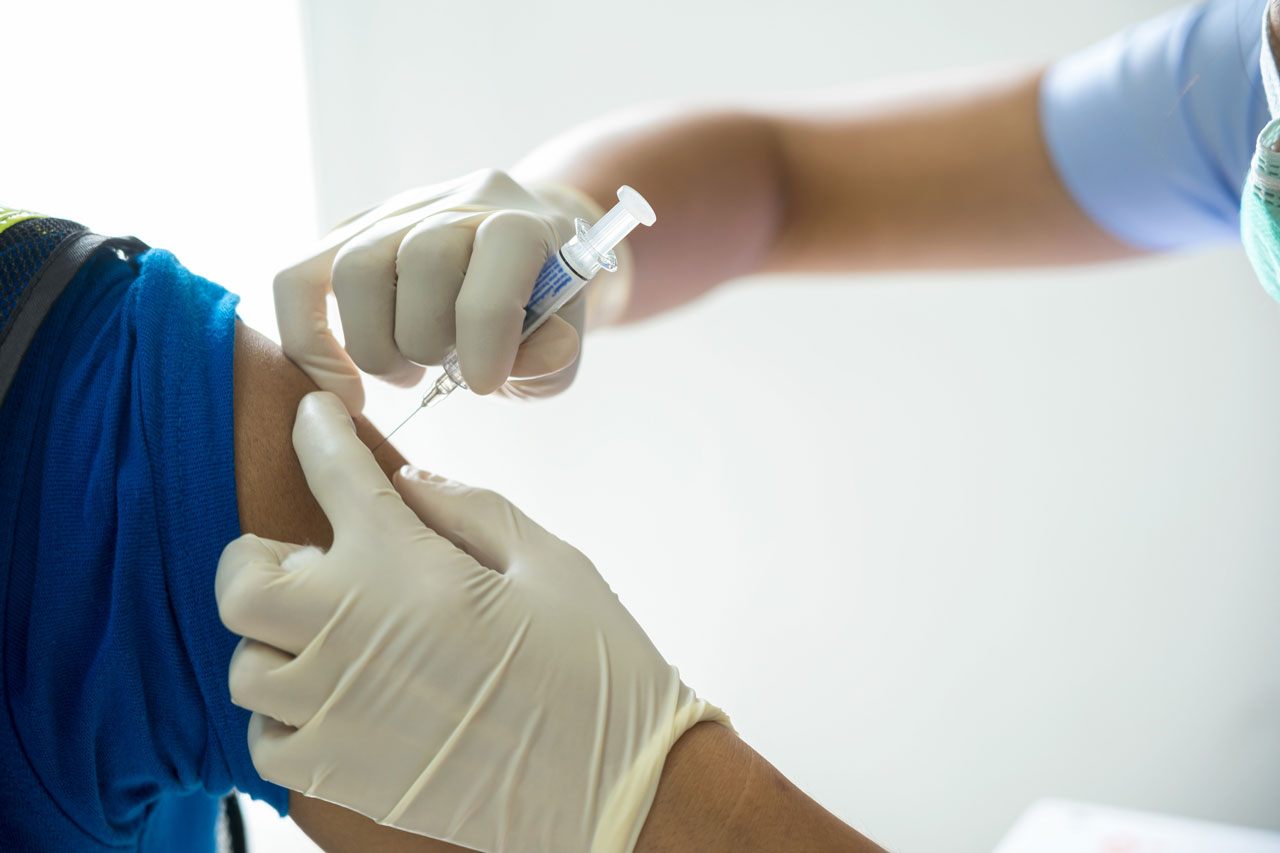
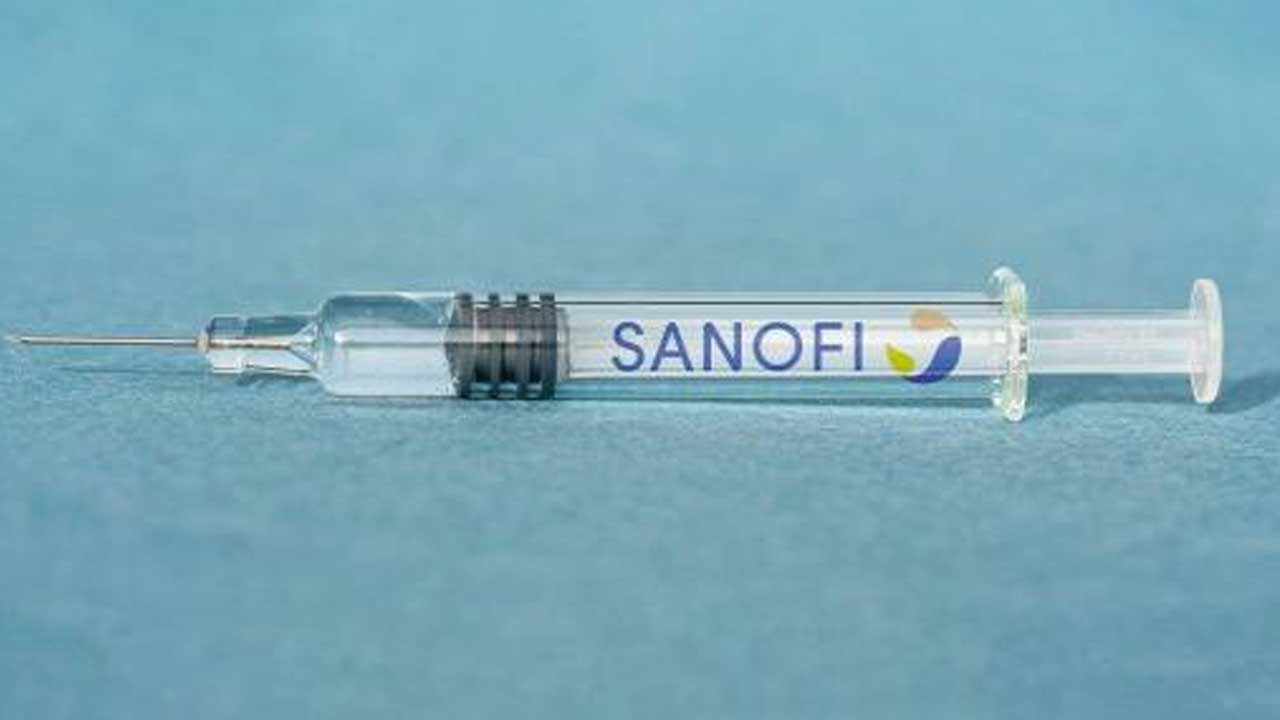
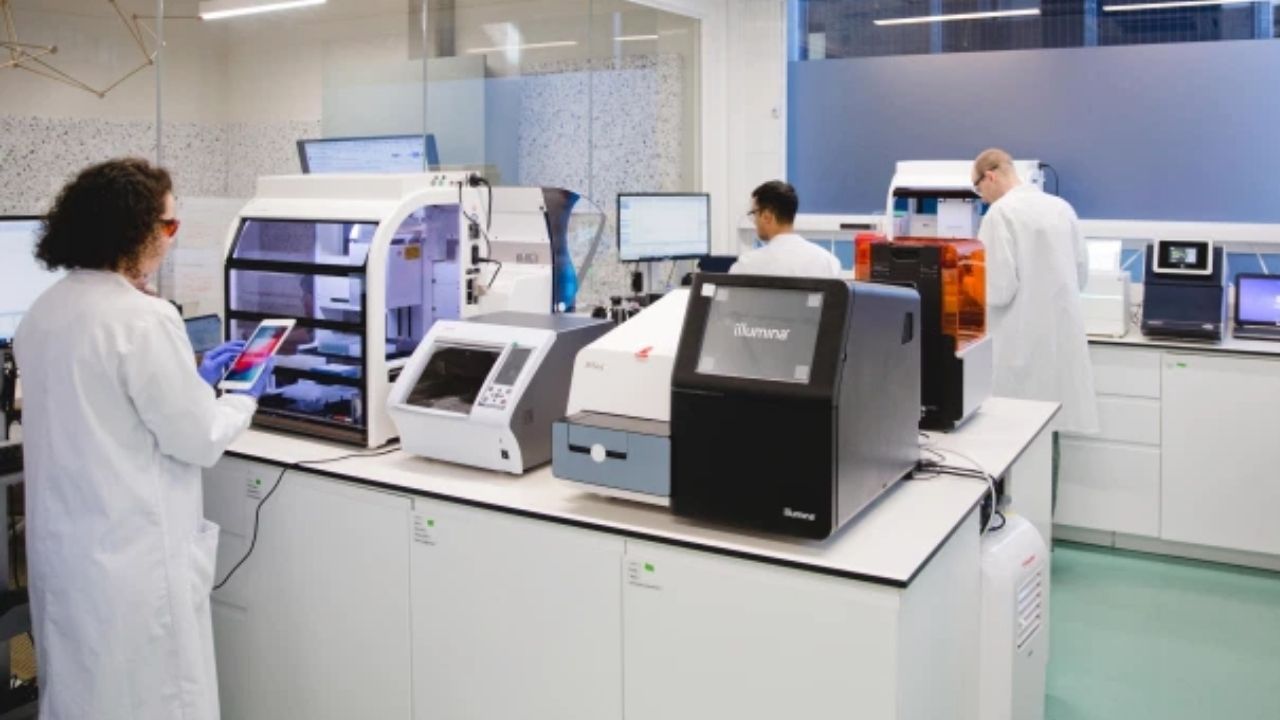


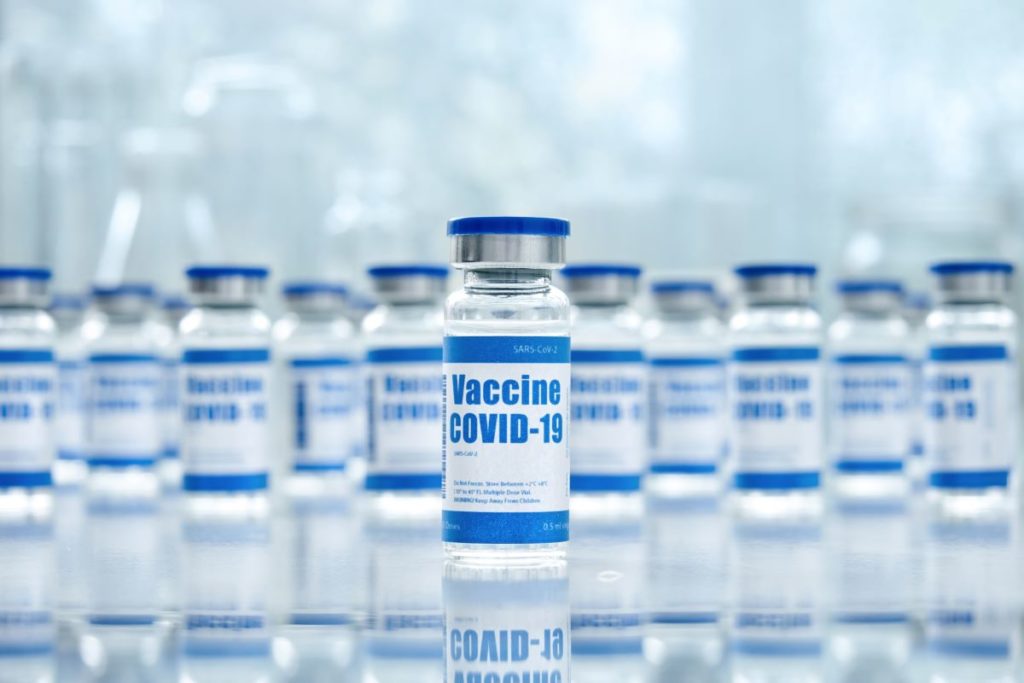


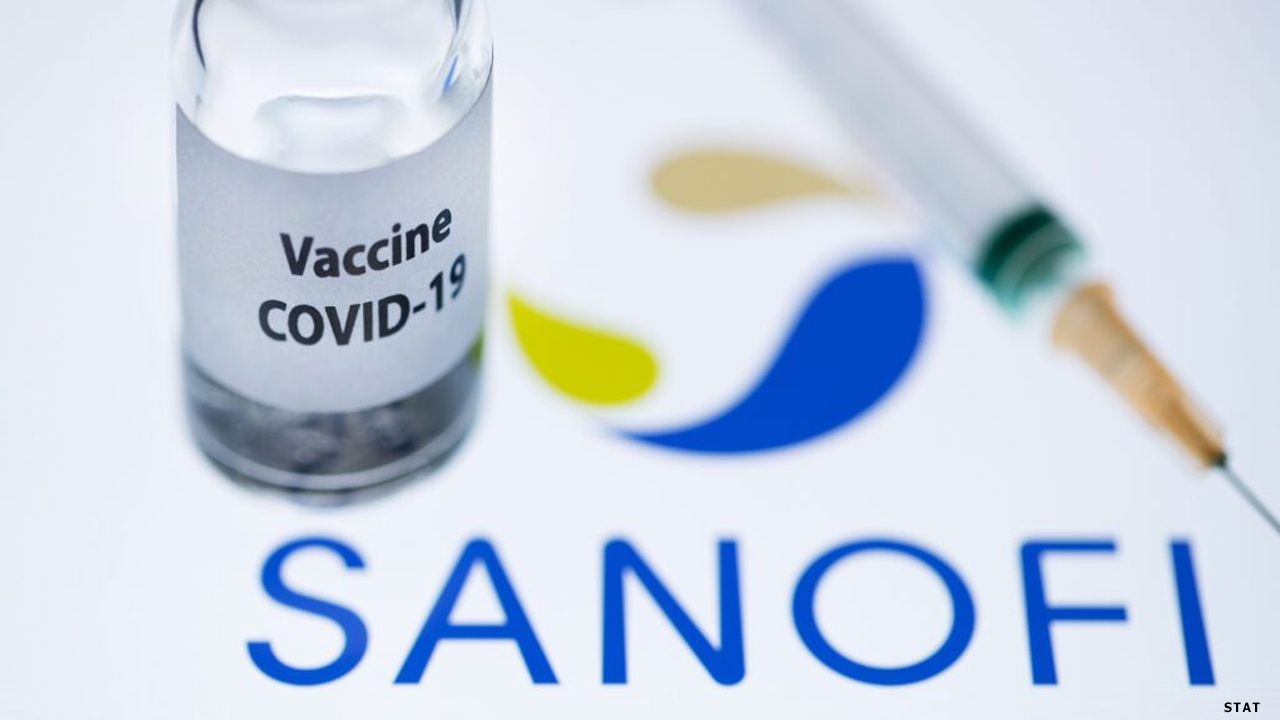





.jpeg)


.jpeg)



.jpeg)
.jpeg)






.jpeg)





